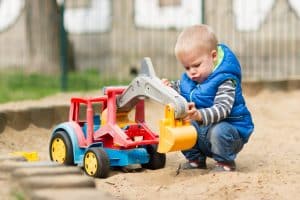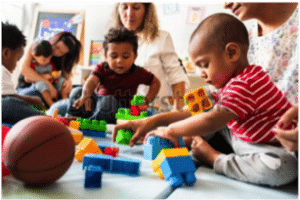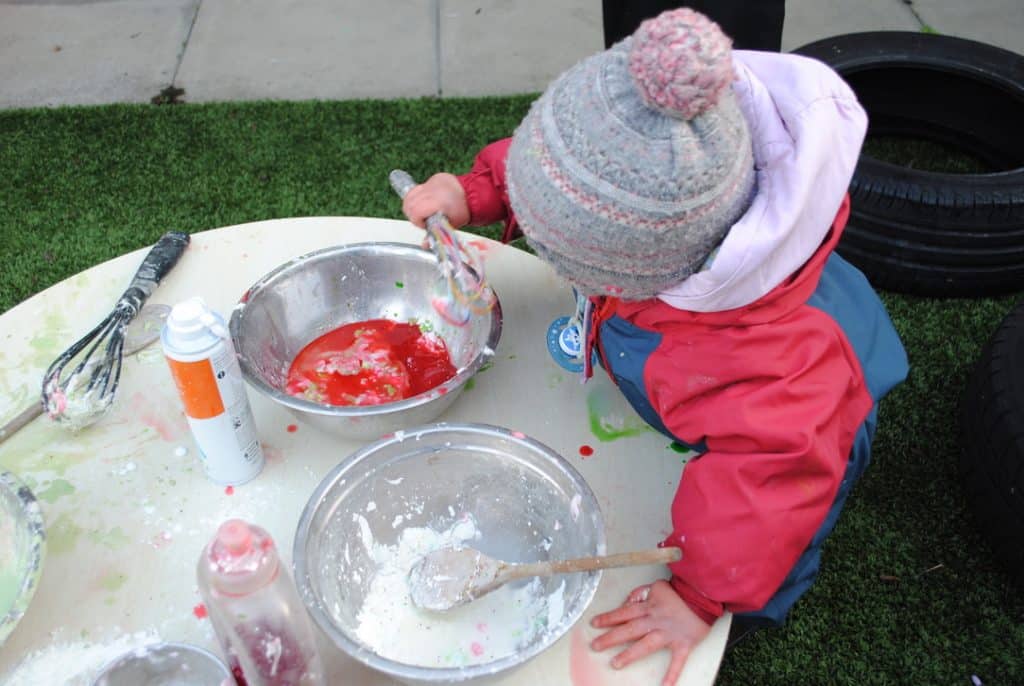Let’s Play!

During my career, I have had the privilege and pleasure of working with children and their families in a diversity of childcare settings, and the questions I still get asked the most are:
“What do children really learn when they are playing?”
Or
“All children do all day at nursery and pre-school is play, they’re not really learning anything are they?

Play England defines play as: ‘what children and young people do when they follow their own ideas and interests, in their own way, and for their own reasons.’
Play has also frequently been described as ‘what children and young people do when they are not being told what to do by adults’.
Play Therapy UK defines play as: ‘A physical or mental leisure activity that is undertaken purely for enjoyment or amusement and has no other objective’. … For our purposes play may assist learning and self-development. It can be undertaken by individuals or groups of children spontaneously or as part of a planned activity.
The Play Strategy for Scotland describes play as: children’s behavior that is freely chosen, personally directed and intrinsically motivated.
Play is the universal language of childhood. It is an essential part of every child’s life and is vital for the enjoyment of childhood.
It is through play that children understand each other and make sense of the world around them. Play is important for healthy brain development.
When children are asked about what they think is important in their lives, playing and their friends are usually at the top of their list along with their family.

This playful approach to learning builds on children’s interests and responds to their ideas for play. Play can take place both indoors and outdoors and in these environments children explore and discover their world. They practice new ideas and skills, learn to take and manage risks, begin to show imagination and solve problems. When children play, they are learning at the highest level! Who wouldn’t this for all children?
So come on families let’s get playing, because while you’re having fun and making lasting memories together you’re also helping to support your child’s growing brain and body!
Here are some ideas for play from the Family Corner website:
If you would like to read more about the importance of play for children the links below have some very interesting and informative articles:
- www.playtherapy.org.uk
- https://www.playengland.org.uk
- https://www.playscotland.org
- https://literacytrust.org.uk/resources/10-reasons-why-play-important/




